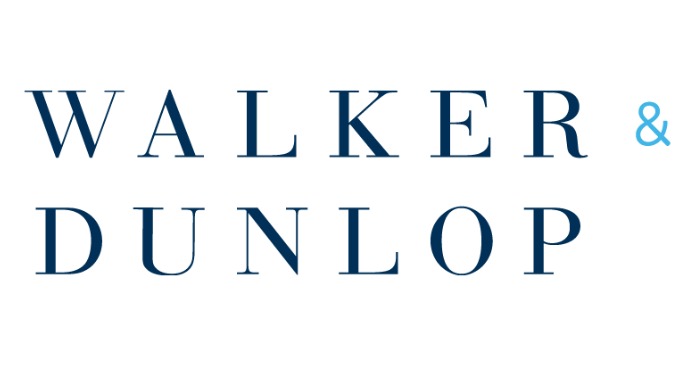Hiring practices are designed to detect individual differences in job applicants. Based upon those differences, a hiring manager selects the best person for the job. Unfortunately, hiring practices vary almost as much as the people they are designed to screen. These practices range from unstructured interviews to the use of complex assessment tools. All hiring practices are not created equal however, and different methods significantly affect the type of employees hired. This article reviews three often-used hiring practices and their impact on selecting high quality employees and promoting a diverse workforce.
Employee equality and diversity deserve considerable attention in the hiring process because they directly impact an organization’s bottom-line performance. A high quality workforce has benefits for any business. Why is a diverse workforce important? Diversity in people means diversity in ideas, which is a competitive advantage.Perhaps more importantly, diversity broadens the customer base by ensuring that potential customers encounter employees with whom they identify.
The quality and diversity of a workforce are determined by a company’s hiring practices. Three widely used practices are interviewing, intelligence testing, and personality testing.
Interviewing
The employment interview is the most common hiring practice. However, because of the many possible variations on the general concept of interviewing (e.g. structure, type of questions, coverage areas, etc.), there is a lack of uniformity in how interviews are conducted from organization to organization.
The effectiveness of the interview as a hiring practice is mixed. Positive results can be achieved with an interview if certain procedures are followed. For example, behaviorally-based structured interviews using pre-established questions outperform unstructured interviews. The ability to select high quality employees is largely dependent on following proven interviewing procedures. Otherwise, an interview is no better than flipping a coin to make a hiring decision.
Diversity is a much different issue; people have biases that influence their decisions. These biases inevitably emerge in hiring decisions that depend solely on interview results. If an organization’s goal is to achieve a level of employee diversity, interviewer bias has to be addressed. Bias is reduced by structuring the interview, training, and using multiple interviews or interviewers. Regardless of the steps taken to reduce interview bias, organizations interested in diversity should monitor their hiring patterns to ensure progress toward their goals.
Intelligence testing
Intelligence tests have been used as a hiring practice for decades. These tests measure verbal ability, mathematical ability, reasoning skills or other cognitive abilities. Intelligence tests are popular because they are a proven method of predicting employee success. These tests are particularly effective when selecting employees for jobs requiring a high level of mental capability. However, they are much less effective when job success depends on interpersonal skills such as those requiring customer interaction.
Intelligence tests also have a significant drawback. These tests almost always produce “adverse impact.” Adverse impact is a legal term that refers to a hiring practice that disproportionately discriminates against a group of people based on characteristics such as age, race, or gender. Consequently, organizations interested in a diverse workforce could actually reduce diversity in their organization by using an intelligence test in the hiring process.
Personality testing
The use of personality tests in the hiring process is one of the fastest growing trends in the field of human resources. A personality test can be thought of as a highly structured interview that is delivered in the form of a self-report questionnaire. Prior to the 1990s, personality tests were mostly reserved for clinical applications. Recently, a number of personality tests with business applications have been developed and are an excellent tool for predicting candidates’ success for a wide range of jobs.
Consider for example, a job that requires good customer service skills such as an apartment manager. It is easy to see why a personality test would be an important part of the hiring process. Apartment managers who are outgoing, friendly, willing to help, and conscientious in their follow-up with customer requests would be regarded as customer service oriented and would create customer loyalty. These characteristics are precisely the abilities measured using a personality test.
There is one additional and very important benefit to consider with respect to personality tests. When these tests are developed properly, they do not produce adverse impact. In other words, organizations interested in high quality, diverse employees achieve greater success in both these areas by employing a well-developed personality inventory in the hiring process.
Recommended approach
Hiring practices vary almost as much as the people they are designed to screen. Given this perspective, what would be considered a best practice? A best practice begins with a clear evaluation of the target job/s for which the organization is hiring. Once the job requirements are defined, identify the hiring practices most appropriate for screening candidates. Use a well-developed personality test as an initial screening tool. A personality test allows an organization to screen quality candidates, avoid the issue of adverse impact and build diversity.
Candidates who are successful on the personality assessment move on to an interview. The best interviews are structured around key job requirements and conducted by a hiring manager trained in interviewing skills. Applicants that successfully complete both the personality test and interview are considered viable candidates for a job contingent upon meeting any other requirements such as a background check, drug screen, etc. Finally, best practice includes a system that monitors hiring patterns to ensure the organization continually progresses towards employee quality and diversity goals.
Author: Rodney Warrenfeltz is the Managing Partner at Hogan Assessment Systems (HAS). He has over 25 years of experience with assessment-based leadership selection and development working for such Fortune 100 companies as IBM, Kodak, Lockheed-Martin, and Pepsi Cola.
















